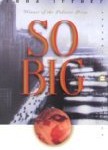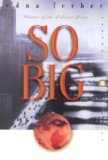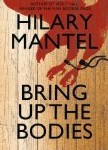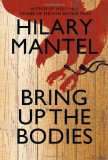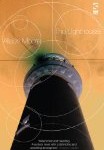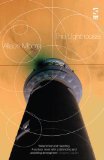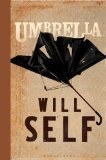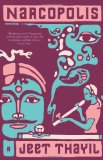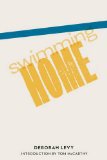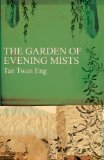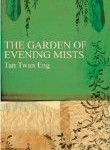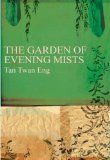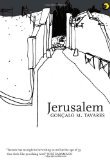 Translated from the Portugese by Anna Kushner
Translated from the Portugese by Anna Kushner
Five words from the blurb: lonely, together, pain, human, impulses
I hadn’t heard of Tavares until Stu listed him as one of the best writers alive today. I decided to investigate and discovered that Saramago, one of my favourite authors, was also a fan, saying:
Tavares has no right to be writing so well at the age of 35. One feels like punching him!
That was enough evidence for me. I immediately ordered myself a copy of Jerusalem and am very pleased that I’ve now discovered this amazing author.
Saramago was right. Tavares is an extremely good writer. The quality of the prose oozes from every sentence and it is possible to find beautiful quotes on every page. The writing was simple and engaging, but the clarity made every statement somehow seem profound.
The book focused on four characters: Ernst, who is about to commit suicide; Mylia, who is terminally ill; Hinnerk, who is walking the streets with a gun, and Theodor who is studying the relationship between history and atrocity.
…my greatest fear isn’t that the end of horror might mean the end of history, like the flatline of a man who’s just died, but rather that the graph doesn’t run to either of these extremes, but instead shows nothing but stasis, a terrifying consistency of horror over time, a sustained continuo of atrocity that leaves us no hope whatsoever.
The book was quick to read, with short chapters encouraging a fast pace. There was no central plot thread, but instead the details were woven together as the characters met and revealed their connections to each other.
I loved reading the entire book, but I’m afraid it wasn’t perfect. The ending felt a bit contrived and there were times when I felt the book was trying to be too clever.
I also found that the plot had no lasting impact on me – after just a few weeks I had forgotten almost everything about it.
Luckily these were minor problems. Tavares is clearly a very talented writer and Jerusalem contained lots of original ideas. I’m keen to read the rest of his books.
Recommended.

.
Have you read any Tavares?
Are all his books this good?



